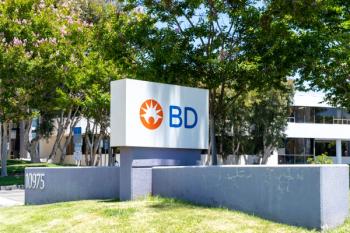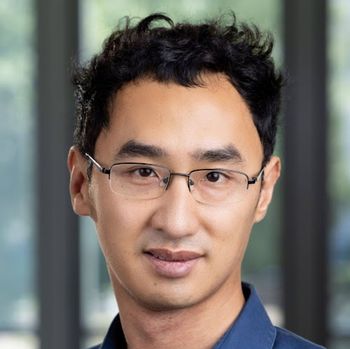
Exploring Advancements in Liquid Chromatography
Peter Schoenmakers of the University of Amsterdam presented a talk at HPLC 2023 on multidimensional liquid chromatography (LC).
The field of liquid chromatography (LC) is witnessing significant advancements and innovative approaches, as explained by Peter Schoenmakers in a talk at the HPLC 2023 conference held in Dusseldorf, Germany, where experts and researchers from around the world gathered to discuss cutting-edge technologies and explore the potential of LC in various applications (1).
One of the prominent topics discussed during the conference was the utilization of valves in LC systems. Valves play a crucial role in achieving higher efficiency and throughput in LC analysis. Comprehensive two-dimensional liquid chromatography (LC×LC) was highlighted as a particularly attractive technique for separating complex samples. By combining two different selectivities synergistically, LC×LC offers higher peak capacities in significantly shorter analysis times compared to conventional one-dimensional LC (1).
The implementation of a two-position ten-port or eight-port modulation valve, along with a second mobile-phase-delivery system and intelligent software for instrument control and data analysis, allows researchers to realize LC×LC in a straightforward manner (1). However, the development of more sophisticated modulators has also been explored to address issues related to mobile-phase compatibility and enhance second-dimension separations (2). These advancements involve the use of smarter modulation valves and additional solvent streams.
Beyond the realm of LC×LC, the integration of valves in 1D-LC or 2D-LC flow streams opens up a multitude of possibilities for sample manipulation. "Reaction modulators" have been developed, enabling various sample transformations such as nanoparticle dissolution, protein digestion, and degradation of light-sensitive compounds (3–5). Leveraging LC technology and its exceptional separation power, researchers can elegantly study a wide range of materials and processes with high efficiency and effectiveness.
Furthermore, the conference shed light on the concept of recycling LC (LC↻LC) using a simple valve configuration. This technique employs gradients that are extremely fast and virtually long columns, allowing the suppression of the effect of molecular weight on retention. As a result, polymers can be separated exclusively based on their chemical composition or end groups (6). The exploration of recycling LC has provided valuable insights into the analysis of chemical-composition distributions of polymers.
The lecture on valvomics delivered during the conference provided a comprehensive overview of the field, showcasing the remarkable advancements made in LC technology and the potential for future applications. Researchers and industry professionals alike gained valuable knowledge and inspiration for further innovation in the field of liquid chromatography.
The HPLC 2023 conference served as a platform for collaboration and knowledge sharing, fueling the progress of liquid chromatography and its diverse applications. With each new development, LC continues to push the limits of efficiency and throughput, opening up new possibilities for analytical scientists around the world.
References
(1) Pirok, B.W.J.; et al. Recent Developments in Two-Dimensional Liquid Chromatography: Fundamental Improvements for Practical Applications. Anal. Chem. 2019, 91, 240–263.
(2) Groeneveld, G.; et al. Investigation of the effects of solvent-mismatch and immiscibility in normalphase × aqueous reversed-phase liquid chromatography. J. Chromatogr. A 2022, 1665, 462818.
(3) Pirok, B.; Abdulhussain, N.; et al. Nanoparticle Analysis by Online Comprehensive Two-Dimensional Liquid Chromatography combining Hydrodynamic Chromatography and Size-Exclusion Chromatography with Intermediate Sample Transformation. Anal. Chem. 2017, 89 (17), 9167–9174.
(4) Wouters, B.; et al. Immobilized-enzyme reactors integrated into analytical platforms: Recent advances and challenges. TrAC - Trends Anal. Chem. 2021, 144, 116419.
(5) den Uijl, M.J.; et al. Incorporating a liquid-core-waveguide cell in recycling liquid chromatography for detailed studies of photodegradation reactions. J. Chromatogr. A 2023, 1688, 463723.
(6) Niezen, L.E.; et al. Recycling gradient-elution liquid chromatography for the analysis of chemical-composition distributions of polymers. J. Chromatogr. A 2022, 1679, 463386.
Newsletter
Join the global community of analytical scientists who trust LCGC for insights on the latest techniques, trends, and expert solutions in chromatography.




